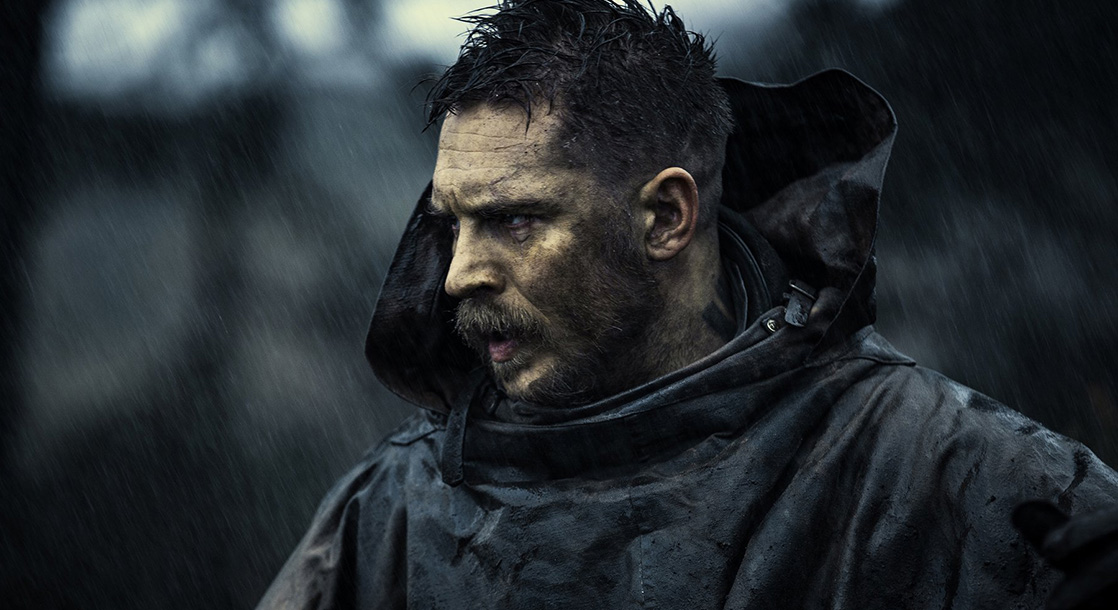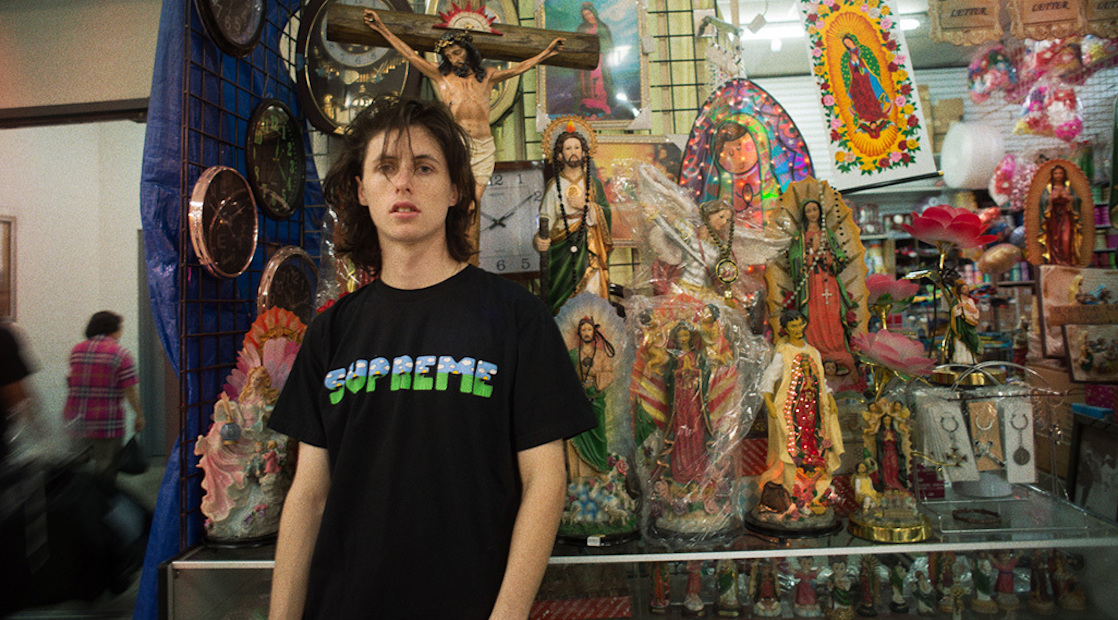With brilliant camera work, detailed production design, and the best actors British television has to offer, Taboo should have been an unmitigated success. The problem is that while the show draws a vivid portrait of the lush world of 19th century British nautical trade, it never really makes us believe that anyone on land or sea is a match for our hero, James Delaney (Tom Hardy).
Over the last few years, television has been hit by a creeping sickness: premium television seems desperate to provide us with characters so badass that plot and conflict are tossed to the side. In Taboo, you never once feel that anyone on screen is a credible threat to Delaney. He punches the hardest, fucks the hardest, and his one-liners always hit the hardest. He is such a force that the East India Company, our villains, led by Stuart Strange (Jonathan Pryce), spend an entire scene in the pilot talking about how much of a badass Delaney is and that he is known for telling people to go fuck themselves, only to have Delaney show up in their office five minutes of screen time later to, well, tell them to go fuck themselves.
Whether he is taking over a brothel, surviving assassination attempts, or bedding his sister, the entirety of London is just one Dickensian punching bag that James Delaney beats into submission with little effort. Delaney is not the only character on television who seems to be playing through his plot with cheat codes. When you watch House of Cards, does anyone seem like they are going to best Frank Underwood? When you watch Sons of Anarchy, do you ever go into an episode thinking that the Redwood Originals aren’t going blow up their enemies and ride through the flames in a blaze of glory? Did you ever doubt that Nucky Thompson wouldn’t come to completely control his Boardwalk Empire? Even when we watch a great show, we expect the protagonist to live to fight another day. But, lately, so many prestige dramas make sure that their hero always gets the last word, the last laugh, and has the last bullet in their gun just in case they need it.
Who’s to blame? Tony Soprano, Walter White, and Don Draper, perhaps. In the golden age of prestige TV, we got a slew of difficult men for the ages. Three middle-aged character actors no one had ever heard of got roles that landed them on posters across dorm room walls throughout America. It makes sense that the entire TV industry would want to follow in their footsteps and create the next troubled badass to finish out that Mt. Rushmore of prestige drama. Sure, audiences were drawn to these shows because these characters were crime bosses, drug dealers, and lady’s men. But, those audiences stayed around for half a decade because they thought that if Phil Leotardo didn’t get Tony, the FBI would. They realized that Walter White was a smart guy, but he also wasn’t a great criminal. They knew that Don Draper was a great ad man, but he was always a couple martinis and the wrong woman away from ruining his life. All three shows weren’t about these flawed heroes winning, they were about losing. Don Draper lost his family, Walter White lost his humanity, and Tony Soprano lost everyone he ever loved. These characters tasted consequences almost weekly, they had flaws everybody but them could see, and you really felt that if they took the wrong step, it would be game over.
A character without flaws and shortcomings isn’t really a character. In these lesser shows like Taboo, the protagonists are not so much a characters as they are a vehicles for masculine wish fulfillment. Maybe you could say that Jax is a bit rash or that James Delaney is too crazy for his own good or that Frank Underwood’s pride will go before the fall. But they could walk into any other character’s house, piss on their desk, sleep with their wife, and then burn it down on the way out with no consequences.
These days, FX, HBO, AMC, and the other premium TV destinations are doing their best work in shows that have broken from this “difficult men” mode. Yet, they still insist on trying to catch lightning in a bottle with another bad man who doesn’t give a fuck how bad you think he is. Sometimes it works: hot tempered sheriff Raylon Givens on Justified and troubled hacker Elliot Alderson on Mr. Robot have found new notes to play in this same old key. For the most part, these attempts to reinvent the antihero wheel prove that it’s time to find something new.
It turns out that if you consciously try to write a show that will land your hero on a dorm room wall, you will fall short, and the posters won’t ever go to press.











